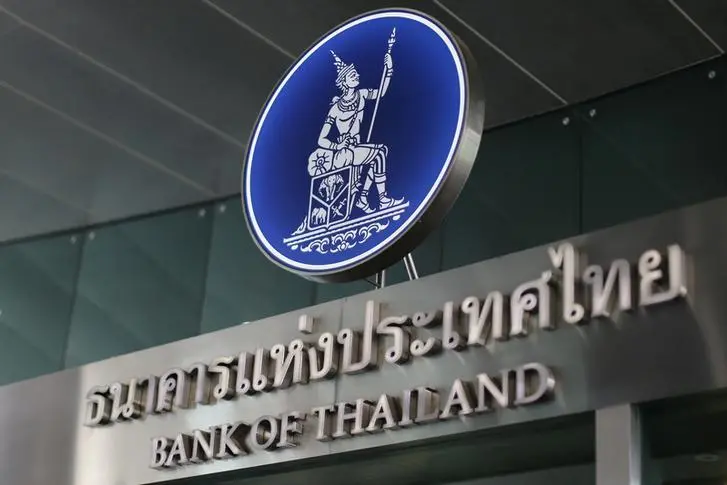PHOTO
Thailand's central bank said on Wednesday it was offering more measures this year to help debtors, as previous steps and a recovering economy might be insufficient in bringing down high household debt to below 80% of gross domestic product.
Thailand's household debt was at 90.9% of GDP as of the third quarter of 2023, among the highest in Asia. The central bank has said the debt-to-GDP ratio of 80% needs to be monitored.
In a bid to tackle household debt, the Bank of Thailand (BOT) from January will offer debt restructuring for those with bad debt or debt servicing problems, it said in a statement.
Starting in April, vulnerable groups will receive interest rate reductions and support to close their debt accounts within five years, the Bank of Thailand said.
"We don't think the new measures will sharply reduce debt but will help improve debt quality", Assistant Governor Suwannee Jatsadasak told a briefing.
Non-performing loans (NPLs) are likely to increase, driven by smaller businesses, retail debtors and low-income earners, she said, as the economy is growing slowly.
Thai banks' NPLs rose to 2.70% of outstanding loans as of September from 2.67% as of June.
The BOT has said it is concerned about high debt, which has hindered economic growth.
In November, the BOT estimated economic growth at 2.4% in 2023, down from the 2.6% growth in 2022.
(Reporting by Orathai Sriring, Kitiphong Thaichareon and Satawasin Staporncharnchai;)





















